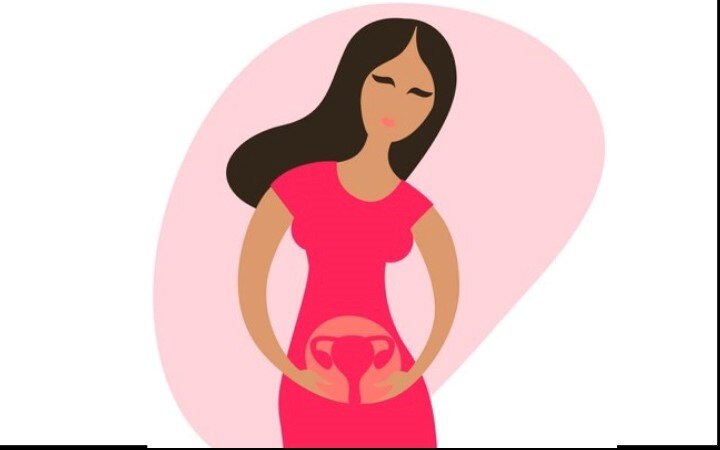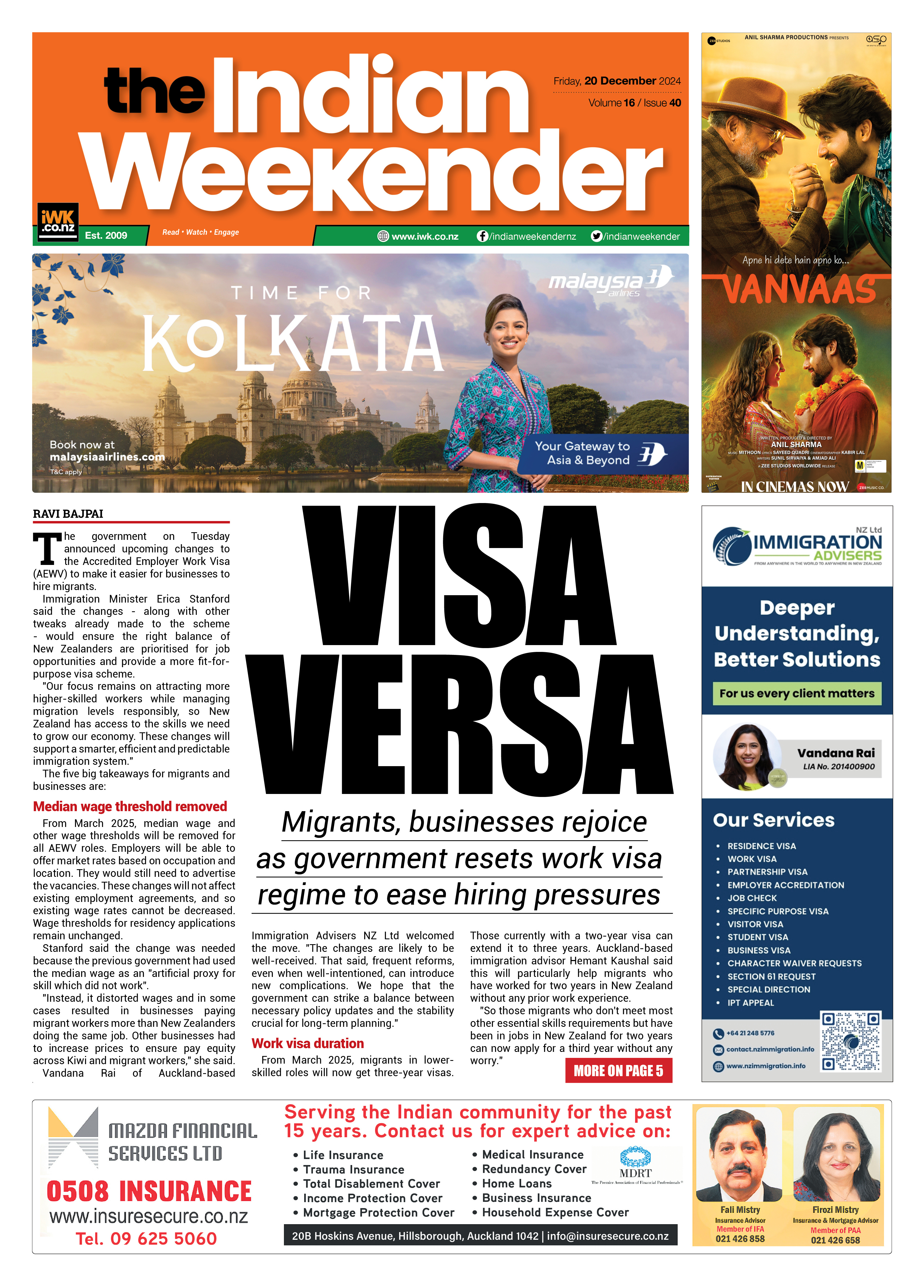Endometriosis: The hidden suffering of millions of women

Imagine a kind of pain that makes you want to carve out what's inside your body while experiencing heavy menstrual bleeding.
This is what it was like for my older sister for many years, and she is not alone. 1 in 10 women globally suffer from a chronic and debilitating gynaecological condition called endometriosis. With September being Pain Awareness Month, I’d like to talk about this condition, which affects so many women around us. Chances are that you’ve already met someone with endometriosis without even knowing it.
So what is endometriosis?
Commonly known as ‘endo’, endometriosis is a chronic inflammatory condition that occurs when the tissue lining the inside of the uterus, called the endometrium, grows in a location outside of the uterus. Endo is the type of health condition that is seldom understood and rarely discussed in our society because of the taboo and stigma around menstrual health.
During a normal menstrual cycle, the body sheds the endometrium via the vagina. In endometriosis, rather than flowing out, this lining flows backwards and enters other parts of the body. The tissue responds to normal hormonal changes as part of the menstrual cycle, building up and breaking down as usual. This leads to internal bleeding that has no exit, so the surrounding area becomes inflamed and swollen. This results in severe symptoms including excruciating abdominal pain, reduced fertility, heavy and irregular bleeding and pain during sexual intercourse.
We don’t know the exact cause of endometriosis but we know that it is oestrogen-dependent and that people can have a genetic predisposition to it.
The Endometriosis Society of India estimated that 25 million Indian women suffer from endometriosis, yet little to no one in our society knows about this condition. I can attest to this, as my own family was unsure about what endometriosis meant for my sister. The prevalence of endo among Indian women is even higher due to the significant number of undiagnosed cases. A lack of the knowledge around the condition causes many women to simply believe their symptoms are a natural result of their period.
Moreover, a huge part of whether Indian women seek medical care for endometriosis is the stigma regarding menstrual and sexual health, which is commonplace in Indian society. In an Indian context and patriarchal system, any discussion around sexual and menstrual health is limited and stigmatised. To avoid judgement from others, women suffering from endo often opt to hide this from their family and are reluctant to seek medical advice. The stigma that women face around menstruation and sexual health hinders them from reaching out and getting the appropriate medical care. However, dismissal attitudes and ignorance around topics of menstrual health only puts these women at a higher risk of developing severe complications such as infertility. Endo is a debilitating condition that almost always leads to a decline in the quality of life, as it affects every aspect of life - work, relationships and ability to perform basic tasks.
Early intervention is the solution to avoiding unnecessary suffering and reduction in quality of life for women with endo. Women suffering abnormalities related to their period, in particular severe pain, should seek medical advice early to avoid any severe complications down the track. Although there is no cure, there are many ways to manage the symptoms. In order for us to get to this point though, we must first battle the shame and stigma around menstrual health and then build awareness about endometriosis in our communities, so that these women do not suffer silently.
There are educational programmes and advocacy groups aimed at reducing stigma around menstruation, but you may be thinking, what has this got to do with me?
It’s simple. Above all, normalising menstruation in our society is key to helping people feel comfortable about discussing issues like endometriosis. Anyone reading this can support this movement by talking about menstruation freely, particularly with your children, friends and family. We all play a role in getting rid of the shame and stigma of menstrual health, which keeps people in the dark about serious conditions like endometriosis. It’s due time that we realise that periods are a normal biological process and we get rid of the secrecy around it. By being vocal about menstrual health, we can raise awareness so that hopefully fewer of our loved ones suffer without a diagnosis and receive appropriate medical care.
Reference list:
- Denny, E., Culley, L., Papadopoulos, I., & Apenteng, P. (2011, June 15). From womanhood to endometriosis: Findings from focus groups with women from different ethnic groups[Scholarly project]. In Diversity and Equality in Health and Care. Retrieved August 25, 2021, from https://diversityhealthcare.imedpub.com/from-womanhood-to-endometriosis- findings-from-focus-groups-with-women-from-different-ethnic-groups.php?aid=1879
- Liu By James H. Liu, J. (2020, July). Endometriosis - Gynecology and Obstetrics. Retrieved August 38, 2021, from https://www.msdmanuals.com/en-nz/professional/gynecology-and- obstetrics/endometriosis/endometriosis




